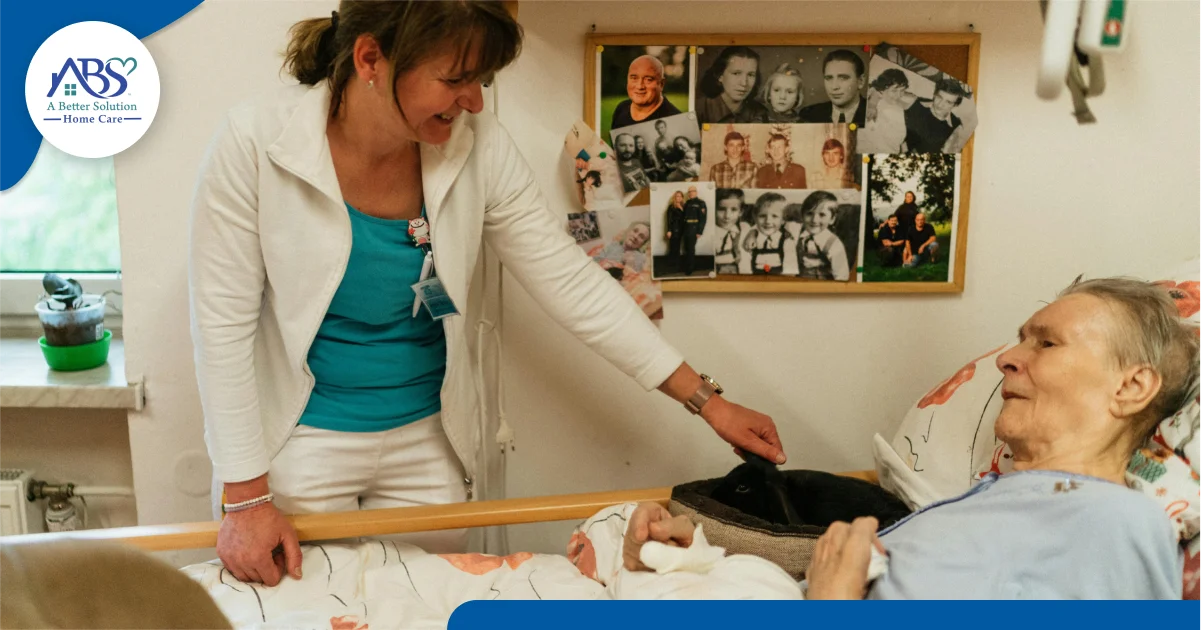
Bridging the Gap: How Hospital-to-Home Services Improve Patient Outcomes
04-04-2025
Recovering after a hospital stay can be overwhelming, especially for those adjusting to new medications, mobility challenges, or post-surgical care. Many patients struggle with daily tasks, and without the right support, they risk complications or hospital readmission. Hospital-to-home care ensures a smooth transition by providing professional assistance, allowing patients to regain independence while receiving the care they need.
Why a Smooth Transition Matters
Leaving the hospital doesn’t mean the recovery process is over. The period immediately after discharge is critical, as patients may still require medical supervision, assistance with daily activities, and emotional support. Whether returning home or moving into a care home after hospital discharge, proper planning and care are essential to prevent setbacks.
With hospital care at home, patients receive individualized attention in a familiar environment, reducing stress and promoting healing. This approach not only enhances recovery but also improves overall well-being.
How Hospital-to-Home Care Helps Patients
A well-structured home-based care plan supports patients in multiple ways, including:
- Daily Living Assistance: Caregivers help with essential tasks such as bathing, dressing, and meal preparation, allowing patients to focus on recovery.
- Health Monitoring: Regular check-ins and coordination with medical professionals ensure that any changes in the patient’s condition are promptly addressed.
- Post-Hospitalization Guidance: Patients often need education on managing their recovery, from wound care to mobility exercises, and professional caregivers provide essential guidance.
- Emotional and Social Support: Recovery can feel isolating. Having compassionate caregivers provides companionship and reassurance, improving mental and emotional health.
Overcoming Common Challenges in Hospital-to-Home Transitions
Even with proper planning, patients and families often face obstacles when transitioning to hospital-at-home care. Addressing these challenges proactively ensures a safer and more effective recovery:
- Medication Management Confusion: Patients may have multiple prescriptions with different instructions. Caregivers help organize and administer medications correctly.
- Reduced Mobility Risks: Adjusting to limited movement after a hospital stay increases fall risks. Professional support ensures safer mobility and home modifications if needed.
- Caregiver Burnout: Family members may struggle to balance caregiving with their own responsibilities. Seeking professional homecare homebased services provides much-needed relief while ensuring quality care.
How Families Can Prepare for a Successful Transition
Supporting a loved one after a discharge from hospital to care home or private residence requires careful planning. Here’s how families can ensure a smooth transition:
- Assess Care Needs: Determine if the patient requires short-term assistance or long-term hospital-to-home care for chronic conditions.
- Modify the Home for Safety: Remove trip hazards, install grab bars, and ensure a comfortable sleeping and resting area.
- Communicate with Healthcare Providers: Understanding discharge instructions, follow-up appointments, and care plans is key to preventing complications.
Recovering from a hospital stay requires more than just rest. It requires the right care and support system. Hospital-to-home care ensures patients heal safely in a comfortable setting while maintaining their independence. Whether it’s assistance with daily activities, medication reminders, or emotional support, professional caregivers make the transition smoother for both patients and families.
Contact A Better Solution Home Care today to learn how we can provide expert care tailored to your needs.
